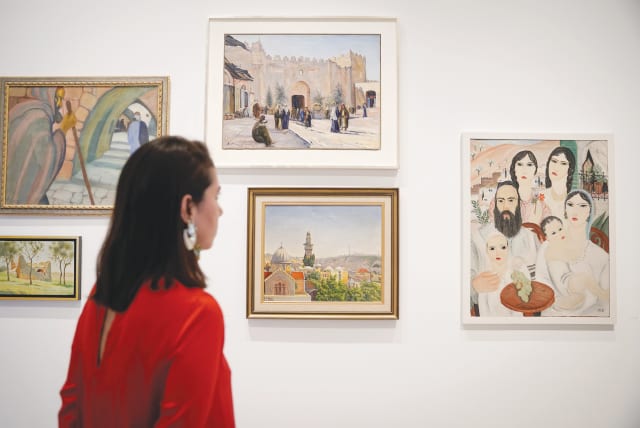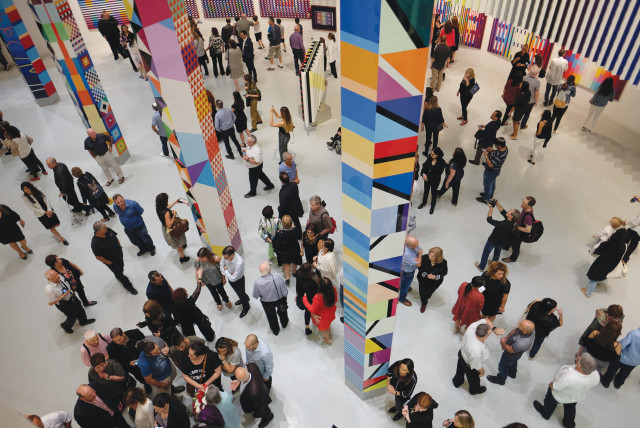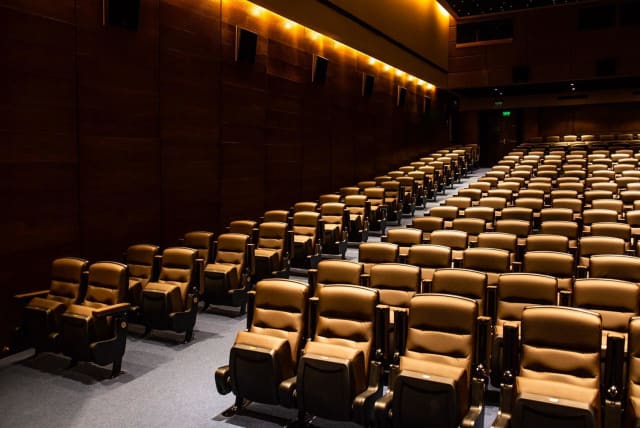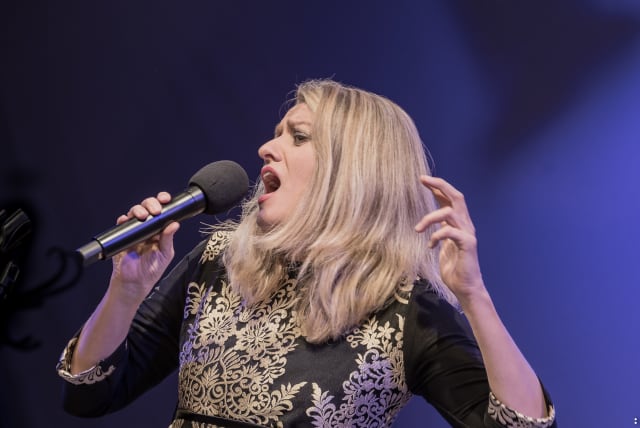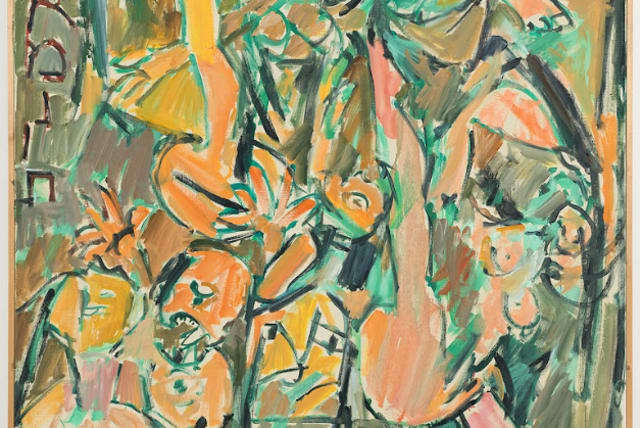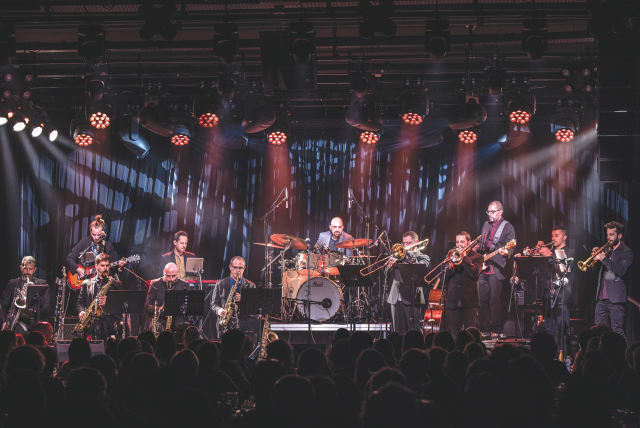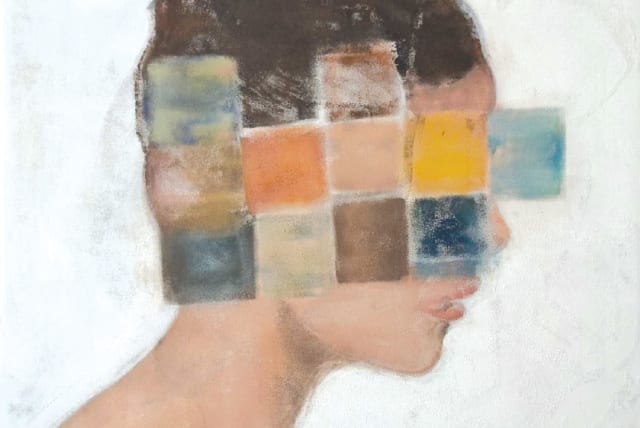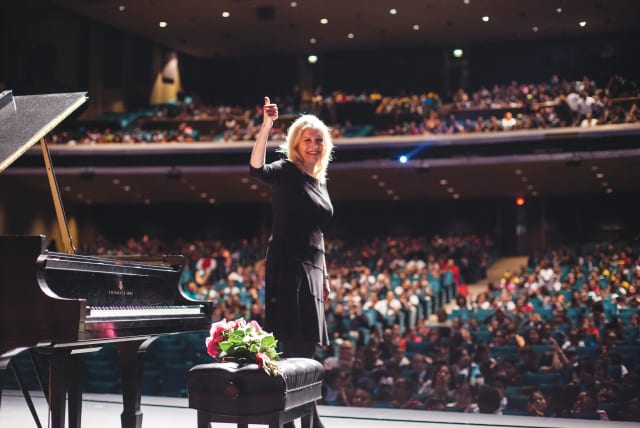Museums have taken a bit of a battering over the years, especially since 2020 and the advent of pandemic constraints and the merry Green Passport edict. But, to paraphrase an oft-used motivating saying, when the going gets tough, the tough start to improvise and meander their way over and around the enforced stumbling blocks.
Some of the strides taken by our repositories of artworks and other important artifacts will be more accessible than usual – and free of charge – on May 9, when this year’s Museum Day event takes place.
Raz Samira believes the numbers speak for themselves. “We have over 100 museums taking part this year,” says Samira, who combines her duties as deputy director and chief curator of the Eretz Israel Museum, Tel Aviv, with her more stately post as chairwoman of International Council of Museums (ICOM) Israel.
If there was more than a hint of pride in that declaration, it appears well-earned.
“That’s up from 60 last year,” she adds.
That is significant growth, particularly at a time when we are still licking our wounds in the wake of October 7. And the suffering seems to be far from over.
An impressive number considering many institutions are unable to participate
Samira notes that the rise is even more impressive considering the number of institutions that are unable to participate in Museum Day this time round due to security concerns. “That is without the museums on the Golan Heights, in Safed, and the whole of the southern region.”
Notwithstanding the military activity and the concomitant national downer, Samira says she is looking forward to May 9 and the enlightening cultural pick-me-up she hopes people across the country will enjoy, especially in the present circumstances.
“There is no tourism. There is no educational activity during the year,” she states. “Museum Day is a day of celebration.”
It is, she feels, a lone beacon of light in an otherwise gloomy scenario.
“The number of visitors to museums is down 98%,” she continues. The educational activity provided by museums has been cut back dramatically, both in the outlying regions and even in cities.”
With that in mind, Samira and her colleagues at the likes of the Israel Museum, the Tel Aviv Museum of Art, the Steinhardt Museum of Natural History in Tel Aviv, the Bloomfield Science Museum in Jerusalem, Yad Vashem, the Tower of David Jerusalem Museum, and the Design Museum Holon – all of which are new additions to the Museum Day roll call – have set out to redress at least some of that instructive shortfall later this week.
That urgent need has been taken fully on board by Samira and her counterparts, with this year’s nationwide event taking place under the Museums for Education and Research banner.
“It is about the role of the museum in education and research,” Samira explains, adding that the chosen focus was not fueled by domestic woes alone. “It is in response to what is happening the world over. The emphasis is on the future generations and multiculturalism, and about advancing the role of the museum, cultural exchange and development, and uniting museums around the world.”
That all sounds definitively wholesome and encouraging and, Samira notes, is part and parcel of the institutional purview.
“Education is something that almost all museums provide. Education is an added value offered by museums,” she advises.
There is official underpinning for the role. “The Museum Law demands that museums employ people in educational posts, and the museums are required to run educational activities. That is part of the [official] definition of a museum. The new definition of the museum highlights the fields of community and education.”
That is quite a job description, and requires heavy investment in planning and scheduling by Samira and her fellow professionals.
“We have a heavy workload all year round, not just on Museum Day,” the ICOM chairwoman stresses. “The only cultural body in the country that is obliged, by law, to provide educational services is the museum. Theaters, cinemas, and other cultural institutions don’t have to do that.”
That means the museums have their work cut out for them, and all this while state support and funding are on the decline. “All museums have education departments designed to enable the museum to tell its story and communicate it. That can be done through the Dead Sea Scrolls, preserving a building like the Tower of David, Israeli art, international art, or contemporary art.”
WITH THE governmental powers that be fully cognizant of that idea surely, then, museums are provided with the requisite wherewithal to ensure they are fully equipped to provide those compulsory services. Having just returned from a meeting with Culture Minister Miki Zohar, Samira perhaps had some good news to dispense. Sadly, that does not seem to be the case.
“The budget for museums is a third less than the budget for other areas of culture,” she states.
She feels the field suffers from a poor public image. “They are less in the front line of cultural consumerism. They are not like concerts. Over the years the funding has diminished.
“That’s the way it is,” she adds with a sigh and a palpable air of resignation.
That is all the more regrettable in the light of the efforts museums up and down the country have made to help bolster the national mood.
“We saw that, during the coronavirus time and after October 7, how much the matter of museums providing cultural resilience was in the spotlight,” Samira asserts. “Museums, to this day, offer free admission to evacuees and military personnel. Evacuees can also take part in activities, inside the museums, for free. Museums also went on the road and took their activities to centers where evacuees were accommodated. We have done so much.”
Perhaps Museum Day will help to remind wider sections of the public, as well as the officials with their hands on the state purse strings, of the benefits to be gained from visiting and supporting museums. “This is a day for showing the importance of the role of the museums, not just in education but also as social and cultural agents. Museums have a leading civilian role in the aftermath of October 7. This is a celebration.”
And all gratis on May 9. “Besides admission, all the tours and instruction, exhibitions and workshops are free. This is a wonderful opportunity,” says Samira. “People go to concerts; they should also visit museums.”
For more information: www.icom.org.il


